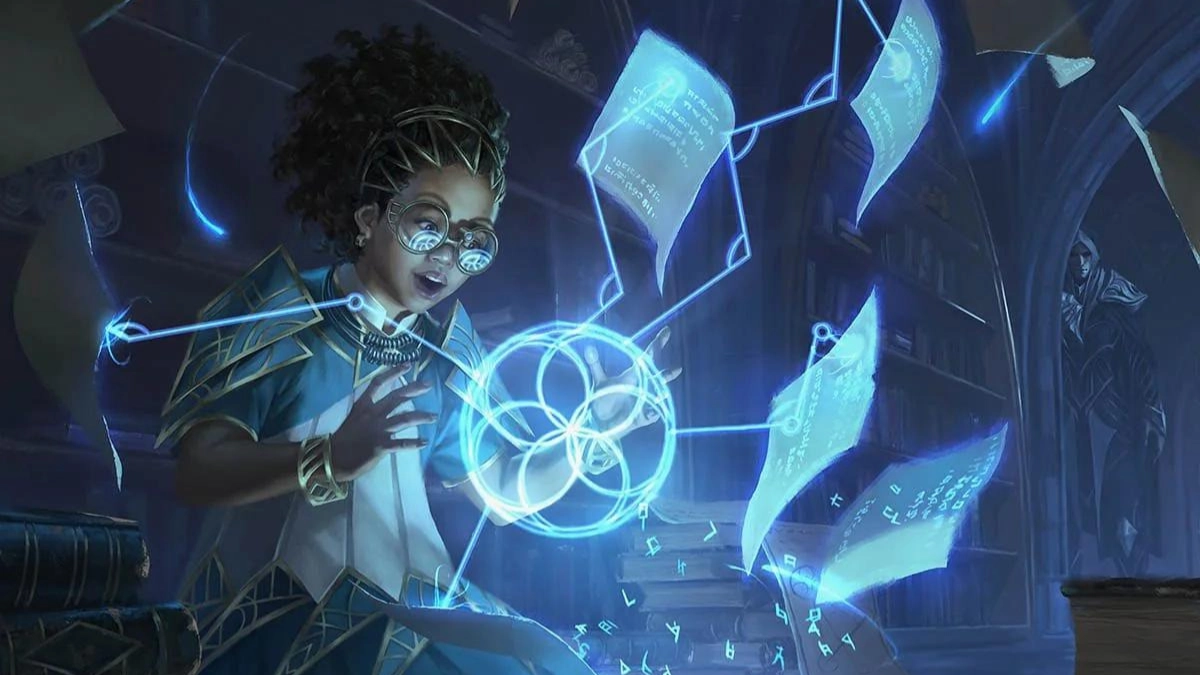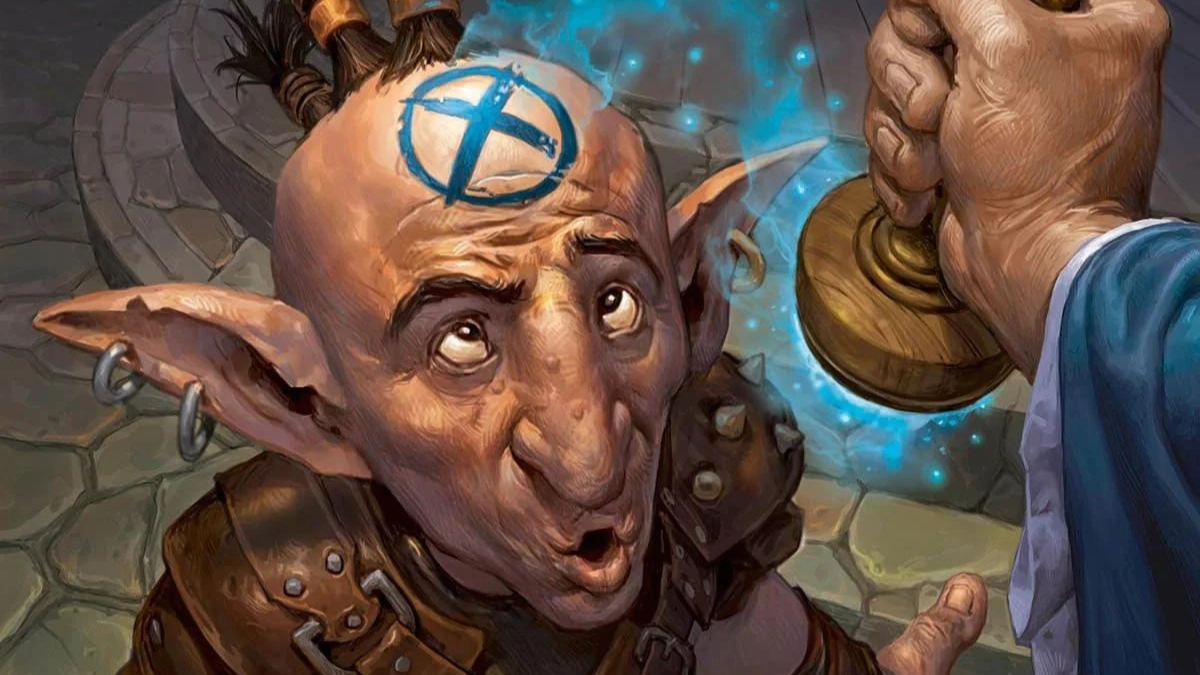Theory-Driven Development in cEDH

In theory, theory and practice are the same. In practice, they are not.
Welcome back, readers! In my first article in this series, I introduced the three most common approaches for iterating and tuning decks. For the first installment, I explained why experience-driven development is the most reliable approach but both theory-driven and data-driven approaches have situations where they are critical and necessary to the iteration process. For this article I am going to expand on the situations it is best to take a theory-driven approach to the deck development process.
What Does It Mean?
A primary motivator in writing this mini-series of articles on the most common approaches to developing decks in Magic is to standardize some self-explanatory terminology around the process of developing decks to make communication about it less difficult. Theory-driven development refers to drawing conclusions and making changes to decks based on theorycraft alone. Making assessments based entirely on theories, aka how you think things will play out, is as dangerous as it is necessary. There is unfortunately plenty of Magic players that attempt to lean far too heavily on a theory-driven approach for their conversations and will assert their theories as truths without ever having done the work to test them.
If Theory Is Unreliable, When Should I Use It?
Theory-driven changes are an important part of the iteration process despite their unreliability. Realistically, to try any new cards you must first have a theory that states those cards will perform well in some context! As such, you most often see a flurry of theory-driven development during spoiler season. People get excited about how a new card fixes a matchup or potentially births an entirely new archetype. However as is consistently the case, cards play differently in practice, and asserting evaluations with any finality before playing games is something veteran players avoid entirely. You don’t always have the luxury of time to test theories, however.
Most often the necessity of theory-driven approaches to deckbuilding happens when there isn’t sufficient time to test any theories or collect any data. The most common example from my experience is release weekend events. Be it a brand new Limited format or even a brand new Standard format, there is often little in the way of accepted conclusions for the event after a new set release. So you have no choice but to assess the new cards from a theory-driven perspective and hope that your theory proves to be correct in the event itself. These scenarios allow your creativity to flourish and are often considered to be a “brewer’s paradise” because there is nothing established, there is no metagame, and any deck or strategy with sound theoretical backing is justifiable.
Outside of time-gated necessity, however, theory-driven changes should be tested, and then, from your experiences during the testing process, experience-driven conclusions can be drawn and those will be closer to the truth. Given sufficient time, the best use of theory-driven development is to provide a basis to be tested and from those experiences draw experience-based conclusions (think scientific method). Sometimes theory-driven conclusions play out exactly as theorized! In that case, the conclusion you come to will be backed by both theory and experience. The conclusions that are the closest to objective truth will be backed by theory, experience, and data.

Theory-Driven Development in cEDH
As discussed in the previous article, drawing conclusions about a format gets harder the more variables that are introduced. Adding more players, playing 99 cards, and playing singleton all introduce a lot more variables and contribute directly to that diverse gameplay that EDH is known for. However while the diverse game texture and massive card pool create fun and interesting puzzles in-game, it also makes it much more difficult to draw experience-based conclusions. Many times, changes or strategies that you think could be relevant in a certain scenario cannot be effectively tested naturally and much of the situation has to be artificially contrived because the likelihood of drawing one of a few different changes you made to a deck to test is so small. This is where theory-driven development has historically held a massive role in shaping the format.
Massive primers outlining convoluted situations and how to navigate them are commonplace in the format, and the barrier of entry for players disinterested in reading small novels for a single deck was incredibly high. Again, this was by necessity. At the genesis of the format, there was no data to be collected and precious few tournaments to test theories outside of small playgroups. These things are slowly changing over time as more players enter the format and more tournaments are taking place each month, a metagame is taking shape, data is being collected, and theory-driven changes are becoming more testable. In time, this shift will make the format more approachable, improve the quality of the decks being played, and reveal insight into what the best strategies are in cEDH agnostic individual pilot skill. As it stands though the changes are slow largely in part to the number of variables that come into play when talking about cEDH, and a massive number of games need to be played today to even draw a few experience-based conclusions with any confidence.

Too Much Theory, Not Enough Practice
As the focus for cEDH deck development moves away from being entirely theory-driven, it is important to recognize when theory has been overutilized and reevaluation of accepted conclusions is appropriate. The clearest signal that a cEDH deck is based too much in theory and not enough in reality is the number of niche scenarios that the deck is designed to have covered. Frequently, it is optimal to have a subset of decks and/or situations you accept you will lose to with any given deck to maximize the win rate of that deck. This is because the cost to cover that scenario ends up costing you more in all the other matchups and scenarios than it is worth and will end up harming your win rate over a diverse sample. However, when doing theory-driven development it is counterintuitive to have holes in your deck’s plan that you refuse to cover without any data or experience that proves it's not worth it.
cEDH decks that were developed entirely in theory frequently can be spotted because they go out of their way to play cards just to get out of niche matchups or scenarios. Of course, this does not imply you should throw caution to the wind and plan to beat nothing. The best built decks find the balance in beating the things they can afford to but know where to draw the line and are beaten. The only real exception to the rule are decks that are so powerful and usually broken, that there is no commonly played set of cards that beat it because the primary plan is that powerful. These exceptions are typically easy to pick out, however, and when in doubt if you think the deck is strong enough to beat everything you should just be playing it!
Ultimately there are a lot of pitfalls and qualifiers when it comes to relying on theory-driven development to iterate on decks and formats, the times you should actively look to lean heavily on theory-driven conclusions are twofold:
- When you have insufficient time and data to rely on any other developmental methods
- When used as a precursor to playtesting and to then be compared with experiences to refine your theorycrafting abilities for the future.
While an article filled with this much technicality is something I would normally shy away from, I think it is insightful to see how development changes as cEDH matures, the processes by which I have found success in other formats, and how those processes apply to cEDH. Stay tuned for the final installment in the series, and a love letter to https://www.cedh.guide/stats where I will talk about the application of data-driven development in cEDH.
Until then, thank you for reading!
2 Comments
This is like the testing equivalent of “cast your spells.” He got us again.
Josh LeBlanc
Feb 24, 2023Nice article.



Comment
Join the conversation